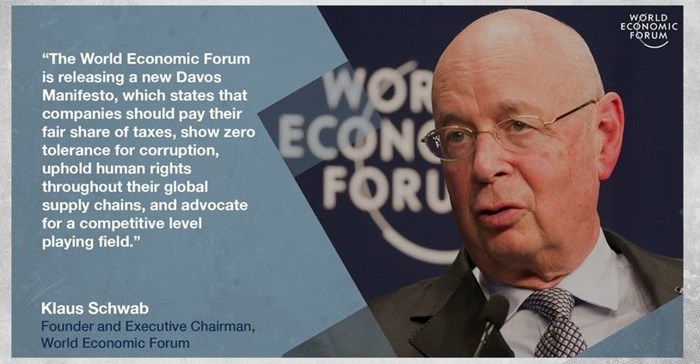
In particular, clause B of the new manifesto reads: "A company is more than an economic unit generating wealth. It fulfils human and societal aspirations as part of the broader social system. Performance must be measured not only on the return to shareholders but also on how it achieves its environmental, social and good governance objectives."
The current Covid-19 crisis has given businesses an opportunity to live up to these new ideals (or not). The trend towards business empathy is one of the more encouraging trends we have observed in recent weeks. We have seen banks offering loan forbearance, airlines waiving change and cancellation fees, retail landlords offering more lenient terms for their struggling tenants and consumer brands donating products and factory space to medical response efforts.
We have yet to see if this newly ignited “empathy chip” persists into a long term trend, or if it is just short-lived self-interested disaster capitalism, where big businesses know that they will have no business of their own if all their smaller customers fail.
When it comes to brand reputation in the midst of a pandemic, brands have to tread in terms of being helpful or just being seen as opportunistic. In recent years, consumers increasingly looked to companies to be moral leaders that reflect their values. That sentiment appears to be, if anything, amplified during the outbreak.
A new Elderman report interviewed 12,000 people in several countries and found that 71% of respondents indicated that if during the Covid-19 crisis “they perceive that a brand is putting profit over people, they will lose trust in that brand forever”. In addition, 77% of the respondents said: “they want brands only to speak about products in ways that show they are aware of the crisis and the impact on people’s lives.”
Of course, those statistics should be read with a health warning, in that it should be noted that what consumers say they will do and what they actually do, do are only tenuously related in real life.
That said, the study should give cynical businesses pause for thought. After all, if social media is anything to go by, consumers are not likely to forgive and forget brands that engage in “crisis capitalism”, that is price gouging or unfair treatment of staff, during the Covid-19 crisis. All over the world, consumer activists have started Facebook and Twitter petitions to name and shame companies deemed to be behaving badly during the pandemic.
The internet never forgets.